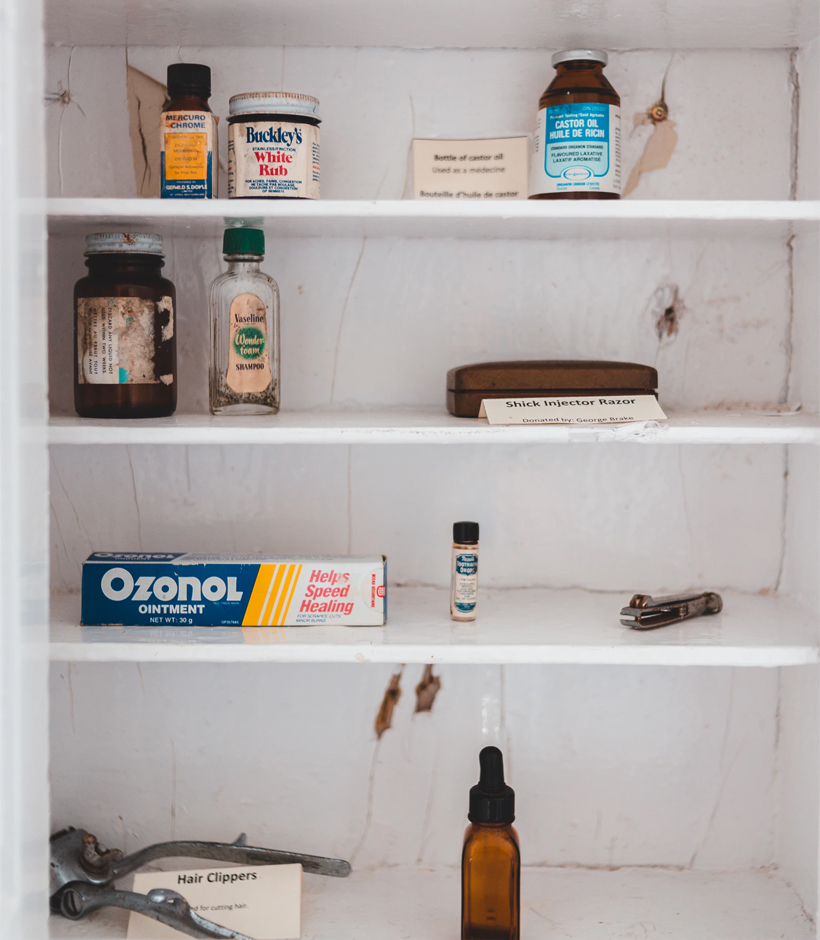
Many of us will throw it away in the garbage or flush it in the sink without further care whenever this happens, unaware that this could be harmful to the environment or even to ourselves. Sadly, many people don’t even know that this is a bad practice, and there is an appropriate way of doing it.
Don’t worry because here are some tips on how to dispose of medication properly.
“Take Back” Drug Programs
The prescription drug take-back program is the most preferred way of disposing of your medicines. The Drug Enforcement Administration (DEA) sponsors the ‘National Prescription Drug Take-Back Day’ to create an opportunity for everyone to safely and responsibly dispose of their expired or unusable medicines. This program can be done in 2 ways: permanent collection sites or periodic events.
During the National Prescription Drug Take-Back Day, temporary collection sites are set up in different communities nationwide. More than 9 million pounds of medicine was collected from the public by the DEA since the program started in 2010. The program urges the public to drop off their expired or unused medicines. However, they do not accept syringes and needles.
The DEA also set-up permanent take-bake sites through partnerships with pharmacies, hospitals, local businesses, and law enforcement agencies. Permanent sites allow everyone to drop off their expired drugs whenever the registered take-back location is open rather than waiting for the once a year national event.
Due to its success, other states and countries are also starting similar programs throughout the year. Take-back programs provide everyone a safe method of throwing away medicines to reduce the impacts of their improper disposal.
Drug Collection Kiosk
Together with the DEA, many law enforcement agencies, hospitals, and pharmacies participate in drug collection efforts to help their community. This is done by setting up collection kiosks in various convenient locations.
These collection centers could either offer on-site medicine drop-off boxes or mail-back programs. Moreover, when businesses allow kiosks to be installed in their establishments, there is an increase in in-store foot traffic and higher volume potential. Not only are they helping the community, but these kiosks also serve as a marketing tool for the public.
But like the drug take-back programs, there are types of drugs that cannot be accepted. These medicines include inhalers, needles, hydrogen peroxide, and illegal drugs. Many people have an option on a simple, free, and convenient way of returning unused or expired products through these kiosks.
Flush the Medicines
When taking back drug programs and collection centers are not available in your area, you can check if your medicine is on the Food and Drug Administration (FDA) flush list. The FDA had created a list of medicines that are safe to flush in the toilets or sinks.
Many medicines are harmful when ingested, especially to the people who are not meant to take it. That is why some medicines have special instructions to flush them so that others are not at any risk of taking them accidentally.
Nevertheless, you have to make sure that the medicine is safe to flush because it can pose a significant hazard to public and environmental safety. This problem includes contamination of different bodies of water and endangerment of marine life.
Antibiotics, mood stabilizers, anticonvulsants, and sex hormones are just a few of the medicines found in the water supply of 41 million Americans. Over 400 contaminants, 230 of which are active drugs and poisons, were found in 38 streams across the country in 2014 by the USGS and Environmental Protection Agency.
Before flushing the medicines in toilets and sinks, make sure that they are safe to be disposed of in that method. Check if the drugs are included in the FDA flush list or have disposal instructions on the packaging. You can also ask a pharmacist before flushing the medicines. Remember, the consequences of improper disposal of drugs could be lethal.
Throw Away the Medicines
There are medications with instructions on how to properly dispose of them. If your medicine is not on the FDA’s flush list, you can throw your medicine in the thrash. This includes prescription and over-the-counter drugs such as liquids, drops, pills, creams, and patches. Still, throwing medicines in the trash must be done with proper caution and procedure.
The FDA recommends the following procedures to be followed for the medicines to be safely disposed of:
- The medicines must be taken out of their original bottles and containers. After that, mix the medicines with other dirt such as cat litter or coffee grounds. However, do not crush the medicines. They are still chemically active even when old and expired. This process also helps in hiding the medicines from children, pets, and even drug abusers.
- Before throwing it into the trash, put the medicine mixture in sealable bags with zippers or used coffee cans and other available containers to prevent chemical leaks and contaminate the wastelands.
- When throwing out personal medicines, scratch out your personal information from the medicine packaging to hide your identity, and protect your privacy.
Failing to follow these procedures will lead to chemical leaks in landfills. The leaks can enter the water system, streams, and oceans, leading to water pollution, soil pollution, and air pollution. This can lead to the development of new diseases from bacteria in the landfills, spreading to humans through disease-carrying pests.
Takeaway
With every medicine that you throw, make sure that it is safe to dispose of it that way. Everyone should be mindful of how they get rid of their medicines or how to lessen their contribution to the contamination in the waste streams.
Be smart on your purchases and how you store these drugs to help protect our communities. Being educated at proper disposal allows everyone to be socially and environmentally conscious. Everybody should be aware of the effect of medical waste on public health and the environment.
Comments
comments